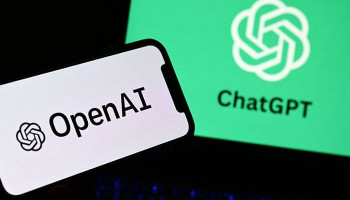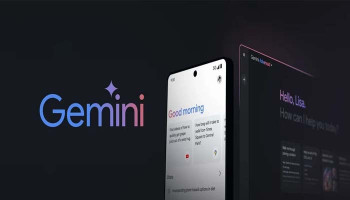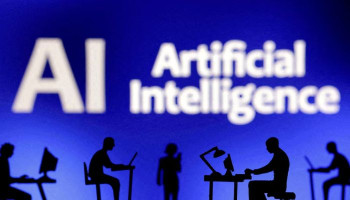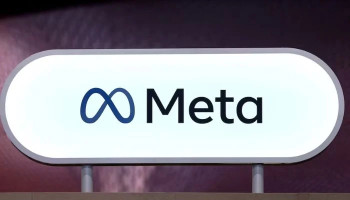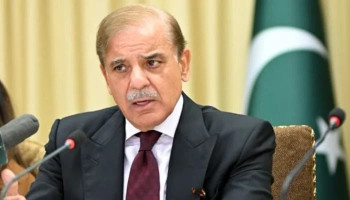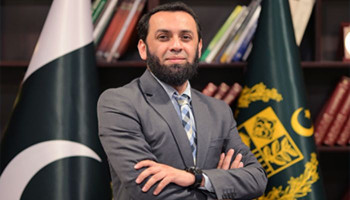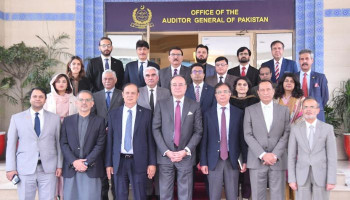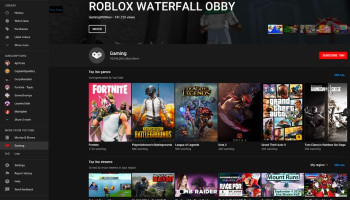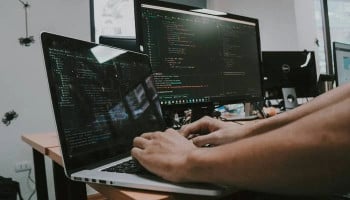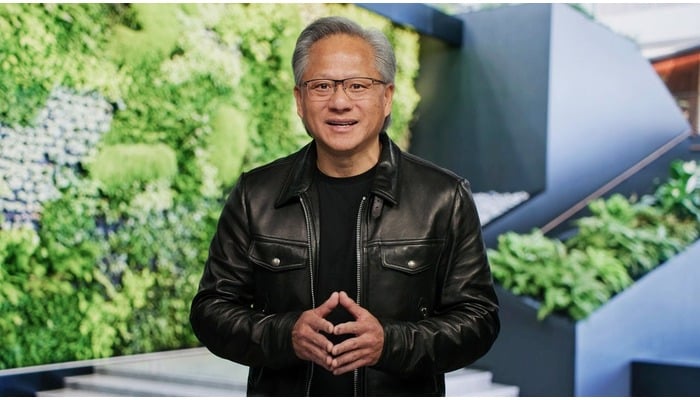
In the ever-evolving landscape of tech giants, only a few companies are worth more than $2 trillion. Among them stand the likes of Microsoft, Apple, Alphabet (Google's parent company), and the computer chip manufacturer Nvidia CEO — whose net worth is $77.1 billion.
Nvidia, founded in 1993, aims to enhance video game graphics, turned into a titan of 21st-century artificial intelligence (AI). The visionary leadership of its co-founder and CEO, Jensen Huang, who has no doubt AI is about to change everything.
At Nvidia's annual developers conference in March 2024. Over 11,000 enthusiasts, including software developers, tech persons, and shareholders, gathered at San Jose's professional hockey arena for a four-day AI extravaganza. Huang's presence commanded attention as he shared Nvidia's latest breakthroughs in AI technology.
With a blend of humility and determination, Huang recounted Nvidia's journey, from the early days of experimenting with graphics processing units (GPUs) to the present-day revolution in AI. Nvidia's GPUs, hailed as the engine of AI computing, have redefined the landscape of technology by enabling machines to process vast amounts of data at lightning speed.
But Nvidia's impact extends beyond the confines of Silicon Valley. AI powered by Nvidia's technology is driving innovation across diverse industries. In laboratories and research facilities around the world, scientists are harnessing the power of AI to tackle some of humanity's most pressing challenges.
Nvidia's journey from a startup to a global powerhouse wasn't without its challenges. Just eight years after Denny's, Nvidia earned a spot in the S&P 500. Jensen then set his sights on developing the software and hardware for a revolutionary, GPU-driven supercomputer, which would take the company far beyond video games.
Elon Musk, who was a board member of OpenAI at the time, received Huang's first artificial intelligence supercomputer from Nvidia in 2016. Huang and Musk collaborated on utilising Nvidia's AI supercomputer to develop the foundational components of ChatGPT.
Despite AI's potential, concerns about its ethical implications loom large. As AI continues to advance, questions about control, accountability, and the future of work become increasingly urgent.





